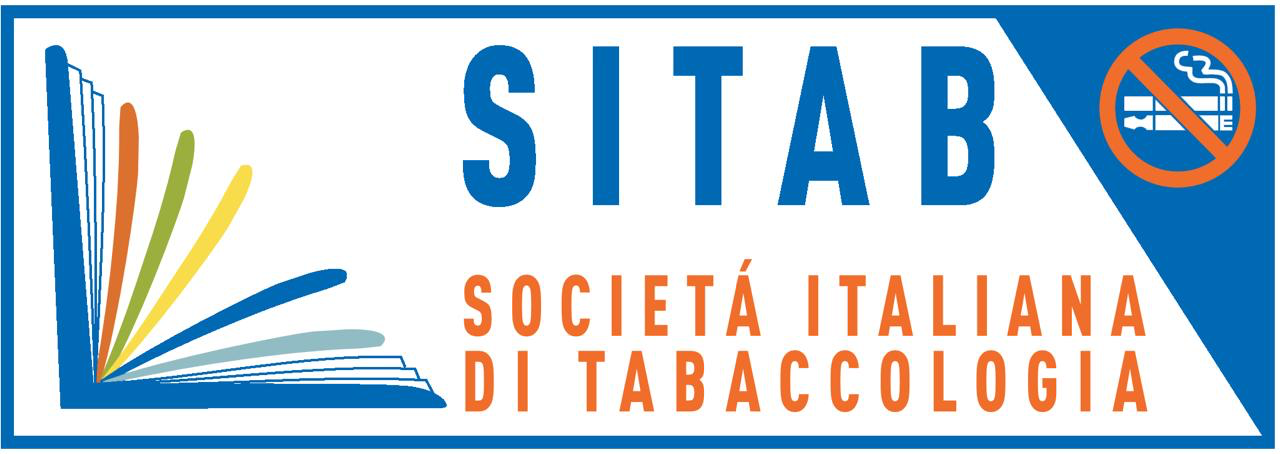Low-cost primary prevention and commercial determinants of health
Article
I am taking advantage of the 20 years since the implementation (10 January 2005) of Law No. 3 of 16 January 2003, Article 51: “Protection of non-smokers” and its implementing decrees to talk about low-cost primary prevention and commercial determinants of health. Primary prevention consists of urging every citizen to lead a healthy life in order to avoid chronic degenerative diseases that cause severe disability and premature death for many years. Today, we can prevent cardiovascular diseases (strokes, heart attacks), cancers and metabolic disorders (type 2 diabetes) by making an effort not to give in to certain conditionings activated by companies that make money at the expense of our health and operate through subtle and skillful advertisers who are able to construct behavioral models that captivate many citizens by promising contentment, modernity and self-improvement.
Tobacco smoke was and still is the prototype of this subtle evil, which promises us a more carefree, free and modern life, but which only serves to ensnare those of us who have not stopped to think or who do not have enough personality to resist these fashions. A Century in Smoke, a 2003 beautiful publication by Giulia Bocchi (unfortunately not available today), showed us how the tobacco industry has adapted to the various events of the last century, proposing models that promoted the cigarette as an instrument of women’s emancipation or combined it with the image of the American soldier who liberates the world from injustice and brings democracy, to the point of financing pseudo-research organizations to counter the real scientific data accumulated over the years that prove that smokers get sick and die on average 10 years earlier than non-smokers. And, more recently, diversifying into new products and convincing people that by vaping nicotine-containing liquids they can reduce the harm of tobacco while continuing to enjoy the pleasures of smoking.
Systematic mystification is accompanied by powerful lobbyists who influence decision-making and nip in the bud any measures contrary to their interests that the health authority tries to implement. There are also scores of skilled lawyers at work, pre-emptively challenging the measures should they see the light of day. The disinformation, innovative advertising that creates attractive behavioural patterns, lobbying and legal defence made possible by Big Tobacco’s huge profits have been exported to other sectors, notably the food industry.
As a result, Italy has almost completely abandoned the Mediterranean diet (consisting of poor, local foods in much smaller portions than today), which for years gave it an advantage over the peoples of northern Europe, and has reached continental levels of cardiovascular risk. Today we eat all the time, Italy has become a one-restaurant country and half of Italians are overweight because they eat too much and too badly. But the food on offer, the recipes, the chefs on TV programmes, where star chefs have become stars and give their opinions, are not accidental, they have been specifically conceived and orchestrated.
These and many other manipulations affect our people, who unfortunately in many cases do not understand that they are a tool in the hands of unscrupulous people who make money by sowing disease and death. Governments are also weak because they are afraid that if they stand up to these people, they will lose consensus, lose their jobs or embark on risky adventures for their political careers. For a career politician, this means being marginalised or disappearing from political life. This is also why I still believe that career politicians should not be in the executive (which should be made up of experienced technicians), with the exception of the president, who is responsible for policy direction.
Unfortunately, the enemies of public health are winning. Not that there are no legal means to restrain them. If, as in Japan, primary schools taught children to be good citizens and to protect their health without falling into the trap of the models that are constantly being created, but above all if public health became a national priority as the proven economic and social engine of the country, we could see real ‘harm reductio’ and limit the influence of dangerous commercial determinants. Corporations that harm public health should be taxed on their large profits as compensation for the harm they cause, the actions of lobbyists could be curtailed, health spending and related waste could be reduced (each smoker today costs society more than $6 a day in additional health care costs, $3 in 1995, and lost work time), and we could at least partially rid ourselves of the harm caused to individuals and communities by smoking, vaping, alcohol and industrially processed foods.
While we wait for public awareness and the so-called political will of decision-makers, we must not tire of explaining to people the interests that drive advertising (and asking who it benefits!) and supporting those who fight for public health and a more honest and healthier future for all.
Affiliazioni
Licenza

Questo lavoro è fornito con la licenza Creative Commons Attribuzione - Non commerciale - Non opere derivate 4.0 Internazionale.
Copyright
© SITAB , 2025
- Abstract visualizzazioni - 656 volte
- PDF downloaded - 30 volte
